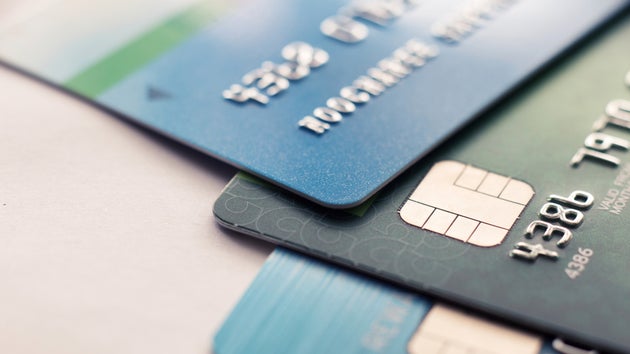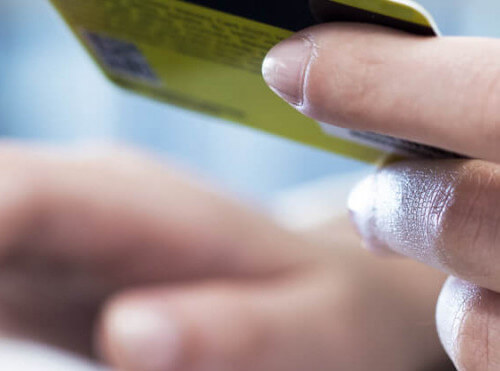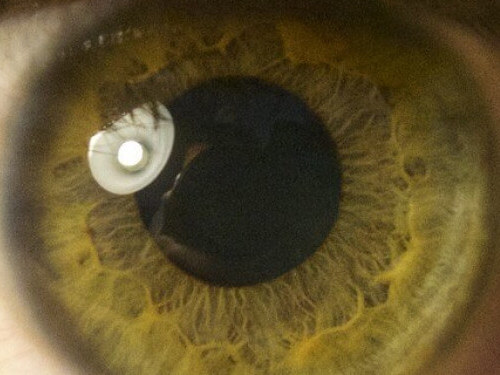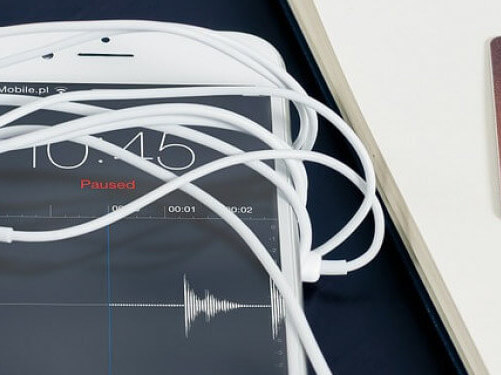Table of Contents
Payment solutions
With 1.3 billion residents but internet usage at merely 45%, India has an enormous growth potential in both e-commerce and m-commerce. A growth rate of 21% is expected until 2022. Currently, the revenue of the e-commerce market is about 44 billion USD, as Indians spent 27$ US per capita online, compared to 659$ US per capita at POS. The fashion industry makes up the largest part of the e-commerce market.
Preferred payment method - Pay on delivery
Payment through e-wallet is the most common method of online payment in India, as it was choosen to settle 26% of e-commerce transactions and 6% of point of sale transactions in 2017. It’s important to find the right payment service provider for this method.
Bank transfers take up 19% of payments. Card payments are used less, with 16% of payments through credit cards and 12% of payments per debit card. The expansion of mobile devices has led to payment through prepaid cards and other methods such as e-wallets. The most widely used e-Wallets in India are PayPal, ITZ Card and OxiCash.
Cash is still the widely preferred offline payment method, as 72% of POS transactions were paid for cash in India in 2017.
Mobile payment apps in India
The demonetization of Rs 500 and Rs 1000 currency notes has been working largely in the favor of digital wallet start-ups. The increasing number of digital wallets contributes to slowly moving India towards being a cashless country. Here are two of the better know Indian mobile payment apps.
BHIM (Bharat Interface for Money) is developed by the National Payments Corporation of India (NPCI), based on the Unified Payment Interface (UPI). It allows users to pay and immediately transfer money by linking it to their bank account. The app features limited functions, which makes it easy to use, and is available in 9 different languages. On feature phones, it can even be used offline.
Google Tez also operates atop the UPI. It is phone number-based and takes the form of a chat app. The service can be used to pay at online and offline businesses and is available in 8 languages. A cash mode facilitates, through sound-wave technology, direct money transfer to people near you, without entering any details. Any bank supporting BHIM UPI can be used for the back-end transaction.
Exports and imports
India is ranked in the top 20 countries for cross-border e-commerce trade. The trade balance is still a strongly negative, a gap that will widen as the infrastructure and urbanization develop. The Canadian shop system provider Shopify sees a potential in India and expects to double its Indian customers in the coming years.
Fraud prevention in India
The rapid E-commerce growth also has disadvantages. As the risk of fraud increases, skimming and online fraud are common. Dealers must be aware of those risks and prepared an additional fraud protection. Sales channels that are not 3D Secure compatible should be especially cautious.
TOP 5 PAYMENT METHODS
- E-wallet 26% Desktop
- Bank transfer 19% Desktop
- Pay on delivery 19% Desktop
- Credit card 16% Desktop
- Debit card 12% Desktop
E-COMMERCE SALES IN 2017
- Desktop 55% Desktop
- Mobile 45% Desktop
- 44 Bil. USD
OTHERS
- Population: 1.339 Bil Desktop
- Internet Usage: 45% Desktop
Source:
Worldpay - Global payments report 2018
The Paypers










